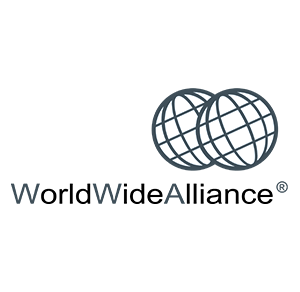Continuing with our Incoterms series today we are going to explain in more detail another two of the most used Incoterms in consolidated transport: EXW and DDP.
If you still haven’t read our basics post where we explain what Incoterms are and why they are so important click on the link!
EXW vs DDP – Opposite Incoterms
Remembering what EXW (Ex works) and DDP (Delivered duty paid) mean is really easy as they are complete opposites and learning one means already knowing the other.
So, what do they mean and why are they so different?
- EXW (Ex works ) means the seller just has to pack the goods and wait for them to be picked up on their premises. This means the buyer is the one responsible for most of the costs and risks from the moment the cargo crosses the seller’s warehouse up to it reaching its final destination.
- Therefore with DDP (Delivered duty paid) is the seller who takes care for almost everything (from packing and checking in their warehouse to delivery at final destination including export and import clearance) until costs and responsabilities traspass to the buyer who is in charge of transportation from port of destinty to final destination.
That said, they do have something in common:
-
- They are both Incoterms you can use for any mode of transport.
- They are two of the most used Incoterms in LCL transport.
EXW or DDP which one to choose?
As we said when explaining FOB and CFR, choosing one Incoterm or aonther depends on the part you play in the commercial transaction.
When importing it is best to choose EXW as the buyer has more control of the operation. And so when exporting it’s best to choose DDP.
Incoterms can be something quite dreadful when starting in international commerce but as we always say learning them is key for a successful transaction and sometimes, like with EXW and DDP, it’s not even that hard!
What other Incoterms do you want to learn more of? Let us know!











